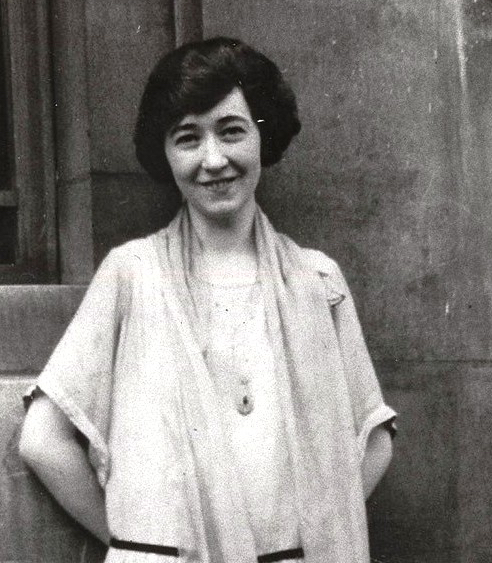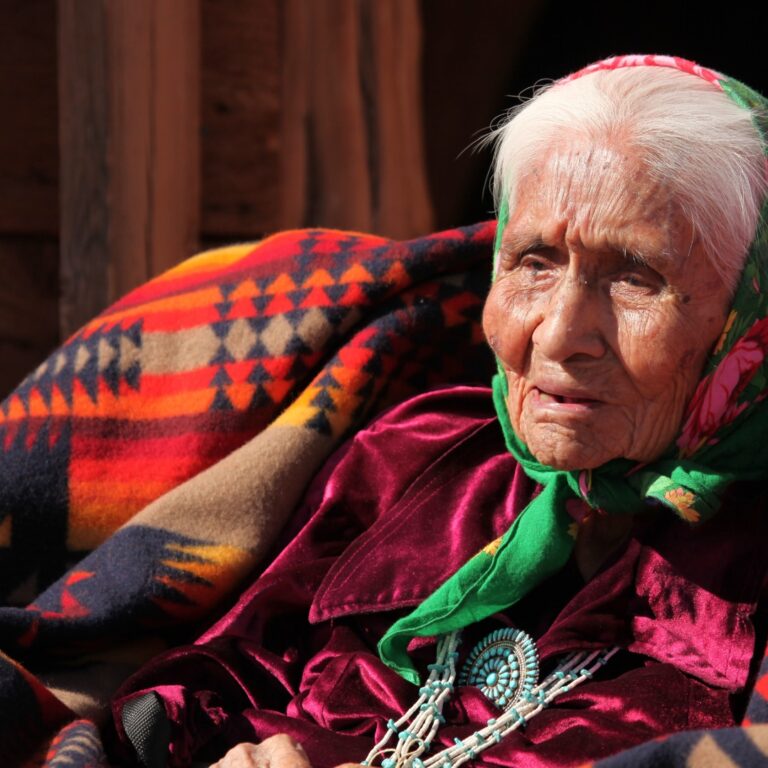Isobel Kuhn (1901-1957) was a Canadian Christian missionary to the Lisu people of Yunnan Province, China, and northern Thailand. She served with the China Inland Mission, along with her husband, John, as a Bible translator, church planter, Bible teacher, and evangelist.
I cannot hope to do justice to this remarkable missionary in just a short article. I highly recommend reading Wright Doyle’s much longer article, to which I've left a link at the bottom. Perhaps it is enough to say that I wept several times reading that article. Isobel Kuhn lived such a special life, laid down for the Chinese in general and for the Lisu people in particular. Wright comments “The hundreds of thousands of Lisu Christians serving God in Yunnan today in a strong and vibrant church testify to the devotion, skill, spirituality, and prayers of those missionaries and the ones who upheld them in prayer.” “Fifty years after the death of Isobel Kuhn, Christianity has been thriving in the Salween River valley where the Lisu live in China. Of the 18,000 Lisu who lived in Fugong, Yunnan, in 1950, 3,400 professed faith in Christ. As of 2007, it is estimated that 80-90 percent of the 70,000 population make the same profession. In Yunnan, it is estimated that there are between 100,000-200,000 Lisu Christians in total.” (Wikipedia).
Isobel’s special contribution was her idea to start what she called the "Rainy Season Bible School." “The rainy season disrupted all normal life. Isobel formed a plan to hold classes during this agricultural downtime, not only to preach the Gospel but also to teach the Lisu the basics of the Christian faith. From these classes, countless believers who became evangelists and pastors took the Christian message to untold numbers throughout China.”
Several lessons from her life struck me:
1. A call on our lives will be challenged. Isobel was raised in a loving Christian home. But while at the University of British Columbia, she decided that she did not need God. Later she almost committed suicide when she discovered that the man to whom she was secretly engaged was unfaithful to her. But from then on, Isobel began her search for God, though it took several years for her fully to commit her life to Christ. Her passion was to know the God who had taken possession of her heart.
2. There was family opposition. Kuhn's mother had at one time told her that "the only way this young Christian would become a missionary was over her mother's dead body." Kuhn's mother died during an operation after finally acknowledging to a woman friend that her daughter had "chosen the better way.”
3. Missionary life is tough. “As a new missionary, she was totally unprepared for the poverty, the vermin, the Lisu diet, the crowds - and more. In these times, she would "fall on her knees and weep before the Lord," asking Him to help her. She eventually found ways to cope with certain irritations, like fleas; she even grew to enjoy certain things she initially couldn't stomach, like large chunks of boiled pork fat and bean curd.”
4. She needed a mentor, which J.O. Fraser became. After hearing Fraser speak at a Bible conference about his work among the Lisu people in China, Isobel pondered his sobering words about their bondage to fear of demons and prayed over his solemn call for people to dedicate their lives to helping the Lisu come to know Christ and grow in Him. Fraser warned her that it would entail hard work and sacrifice.
5. The place of prayer. “Time and again, Isobel suffered from profound sorrow, grief, and perplexity about God’s providence. Always, in prayer, she returned to the Bible and its promises of God’s presence, power, provision, and plan to bring greater good out of whatever sufferings she endured. She demonstrated extraordinary courage, perseverance, and love for the Lisu believers, whom she called her ‘children’, and with some of whom she developed deep bonds of affection.
6. In it all she proved God’s faithfulness. She wrote that “after graduation we (her fellow missionary candidates) scattered, and many I did not see again for twenty or thirty years. But, when we did meet, what a joy to find their passion for Christ as fervent as in student days! And what a thrill to hear from their lips that the dreams of student days had been fulfilled by a gentle, kind Master! He had inspired our dreams and His callings had been justified.”
Isobel died on March 20th, 1957, with her husband at her side. A final word from Isobel. “When I get to heaven they aren't going to see much of me but my heels, for I'll be hanging over the golden wall keeping an eye on the Lisu church!”
Source: BDCG (See Wright Doyle’s list of her books at the end of the article) Wikipedia;










